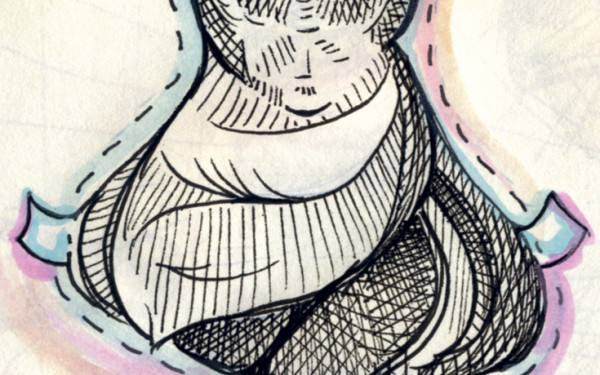Letter: Not Voting is Not the Answer
(Re: Why I Won’t Be Voting on October 19)
I was disappointed and saddened to read an opinion piece about the futility of voting in last week’s issue of The Link.
In “Why I Won’t Be Voting on October 19,” Jon Milton argues no federal party represents his values, the parties are virtually indistinguishable from each other and no politician is promising a “concrete alternative to the status quo.” For those reasons, he won’t be voting, instead focusing on bringing about change through community organizing.
The hole in Milton’s argument is the fact that not voting sends a message of disinterest and disengagement, not a message of disapproval with the status quo and the political parties on offer.
When you don’t vote, you’ll be lumped in with all those who are “apathetic” and quickly forgotten by the powers that be. If you truly feel that no political party represents your values, then you should at least spoil your ballot or leave it blank. If enough people do that, it’ll send a profound message that politics in this country is unrepresentative and dysfunctional.
I also find Milton inflated the extent to which the three main federal parties have coalesced near the centre of the political spectrum. It’s simply not true that the parties have blurred the lines between left and right.
In this election campaign, only one of the three main parties—the NDP—has proposed a significant expansion of social services, promising to create a universal childcare strategy and move towards pharmacare. The Liberals also have some interesting proposals, notably their income-tested Canada Child Benefit aimed at reducing child poverty, though they’re arguably less interventionist. And, well, the Conservatives have proposed the status quo—a less fair, more unequal Canada.
It’s true, the parties have, to some extent, moved towards the political centre. This is a symptom of our first-past-the-post electoral system, which rewards large parties that compromise on their values to appeal to a wider swath of the electorate while denying representation to parties on the fringes of the political spectrum. That’s why we need to elect a government committed to electoral reform and that supports the principle of proportional representation.
Radical change might not happen through electoral politics—for that to happen, popular social movements must take to the streets and demand change. Gradual change through electoral politics is possible. To get there, we need Canadians to be engaged both at the ballot box and beyond it.
— Michael Wrobel, student in Journalism and the School of Community and Public Affairs





